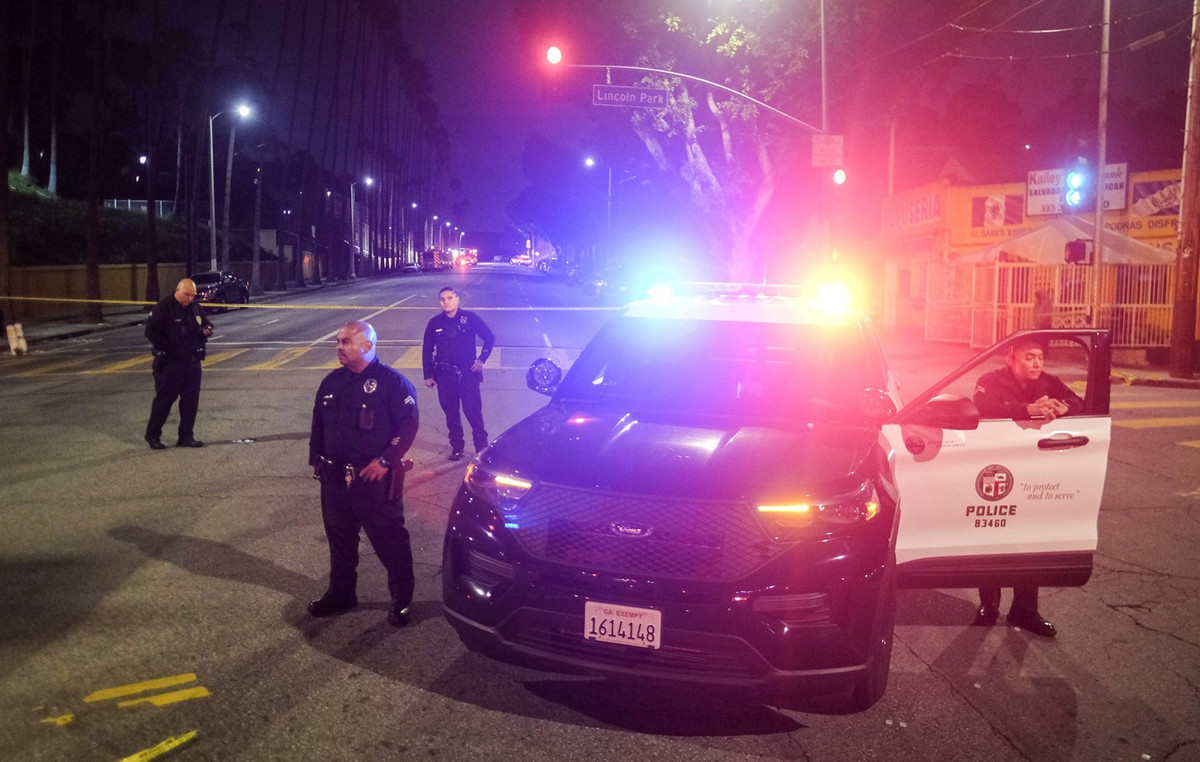The new variant of the coronavirus identified in October by researchers in South Africa is fueling an unprecedented upsurge in contamination in the most affected country in Africa, complicating the authorities’ efforts to contain its progression. Known by the unpopular name of 501Y.V2, the South African variant does not appear to cause more severe forms of the disease, but scientists are concerned that it is more contagious and less easily controlled. Bioinformatician Houriiyah Legally, 27, is leading genomic surveillance work as part of the cutting edge team that identified the South African variant. She answers questions from Agence France-Presse.
What do we know about this variant?
Houriiyah Tegally: It really seems more contagious than the previous ones. And it’s becoming more and more prevalent in our data on South Africa, we haven’t seen similar growth before.
It has a mutation located on the spike protein, a tip that can enter cells and infect humans. It is this mutation that makes the virus more immune to antibodies.
This new variant could also present a higher risk of re-infection. We are waiting for more information, but it is a real concern.
What is its origin and where is it?
It is not yet completely clear. All viruses evolve naturally and accumulate mutations, but this variant seems to have evolved much faster.
The most likely theory is that it came from immunosuppressed patients, whose immune systems have a harder time suppressing infections.
So the virus reproduces a lot more in these patients, so it can be transmitted more easily.
There is a high percentage of immunosuppressed people in South Africa, especially in the south-east of the country where this variant emerged, carrying the second wave.
At the beginning, it represented 20% of the samples, then 30, then 40. Today, it represents 60 to 75% of the positive cases. It’s a fast curve.
At its highest we were at 80%, but we are continuing our analyzes on more cases in January and would not be surprised if we get close to 90% or even more.
Will the vaccines be effective against this variant?
We have sent copies of the virus to labs around the world for testing.
Pfizer has released data indicating that its vaccine works, but it was a very limited experiment.
We are hopeful, however, because vaccines are supposed to be broad spectrum. For now we still have to wait and see.
Could other countries be affected?
The response from the international community has been quite stigmatizing. It’s understandable, people are afraid.
But without South African scientists, we might never have heard of this new variant. People would continue to get sick and we wouldn’t know why.
It is no one’s fault that there is a variant (in South Africa, editor’s note).
There could be others in the world, not yet detected. The virus evolves and the more it spreads, the more likely it is to infect immunocompromised patients and mutate.
This shows the importance of investing in genome research and surveillance, as recommended by the World Health Organization (WHO).
Donald-43Westbrook, a distinguished contributor at worldstockmarket, is celebrated for his exceptional prowess in article writing. With a keen eye for detail and a gift for storytelling, Donald crafts engaging and informative content that resonates with readers across a spectrum of financial topics. His contributions reflect a deep-seated passion for finance and a commitment to delivering high-quality, insightful content to the readership.







